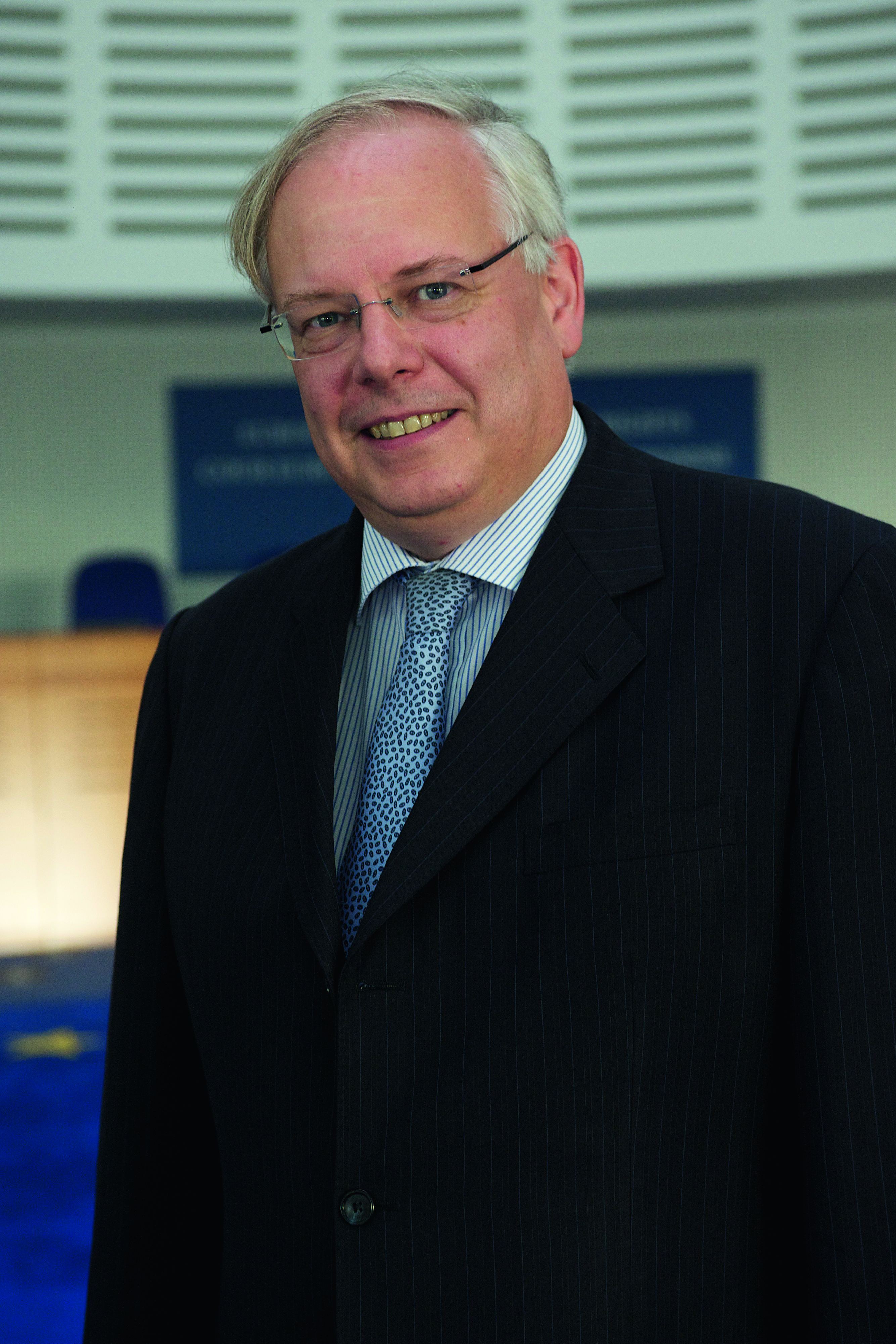
Dean has been a judge of the European Court of Human Rights since 2004. He was elected Section President in 2011 and Vice-President of the Court in 2012, shortly before being elected as President of the European Court of Human Rights in 2012. He studied law at the universities of Louvain (Licencié en droit) and Cambridge (LL.M in international law). Before becoming a judge, he practised at the Bar of Luxembourg and held teaching duties at the universities of Louvain, Luxembourg and Nancy. He was also a member of the Advisory Commission on Human Rights (Luxembourg) and of the European Union Network of Independent Experts on Fundamental Rights. Dean is an Honorary Fellow of Fitzwilliam College, Cambridge and an Honorary Professor of University College London. He is also an Honorary Bencher of Gray’s Inn, London.


The Bar Council is ready to support a turn to the efficiencies that will make a difference
By Louise Crush of Westgate Wealth Management
Marie Law, Director of Toxicology at AlphaBiolabs, examines the latest ONS data on drug misuse and its implications for toxicology testing in family law cases
An interview with Rob Wagg, CEO of New Park Court Chambers
What meaningful steps can you take in 2026 to advance your legal career? asks Thomas Cowan of St Pauls Chambers
Marie Law, Director of Toxicology at AlphaBiolabs, explains why drugs may appear in test results, despite the donor denying use of them
Ever wondered what a pupillage is like at the CPS? This Q and A provides an insight into the training, experience and next steps
The appointments of 96 new King’s Counsel (also known as silk) are announced today
Ready for the new way to do tax returns? David Southern KC continues his series explaining the impact on barristers. In part 2, a worked example shows the specific practicalities of adapting to the new system
Resolution of the criminal justice crisis does not lie in reheating old ideas that have been roundly rejected before, say Ed Vickers KC, Faras Baloch and Katie Bacon
With pupillage application season under way, Laura Wright reflects on her route to ‘tech barrister’ and offers advice for those aiming at a career at the Bar